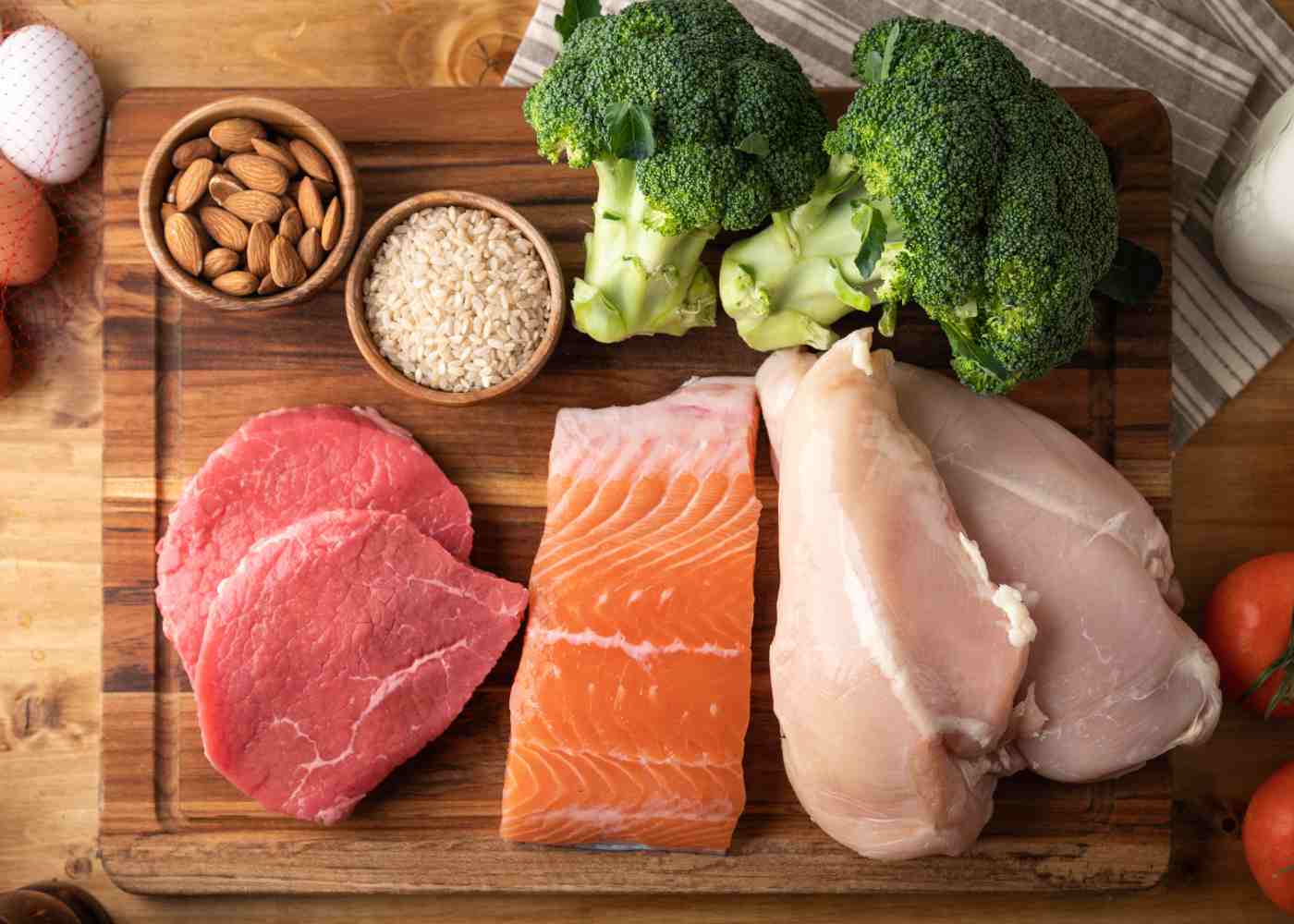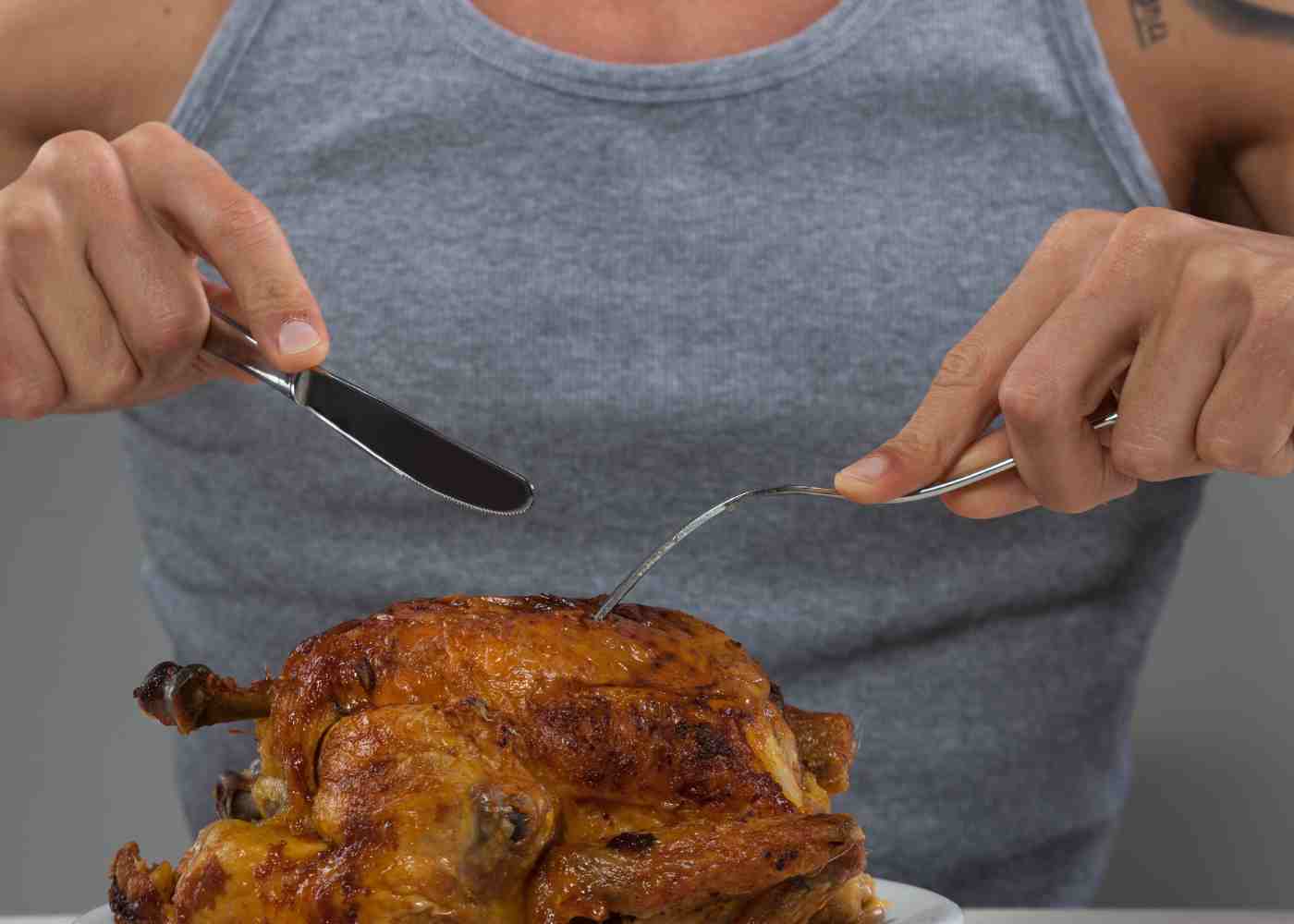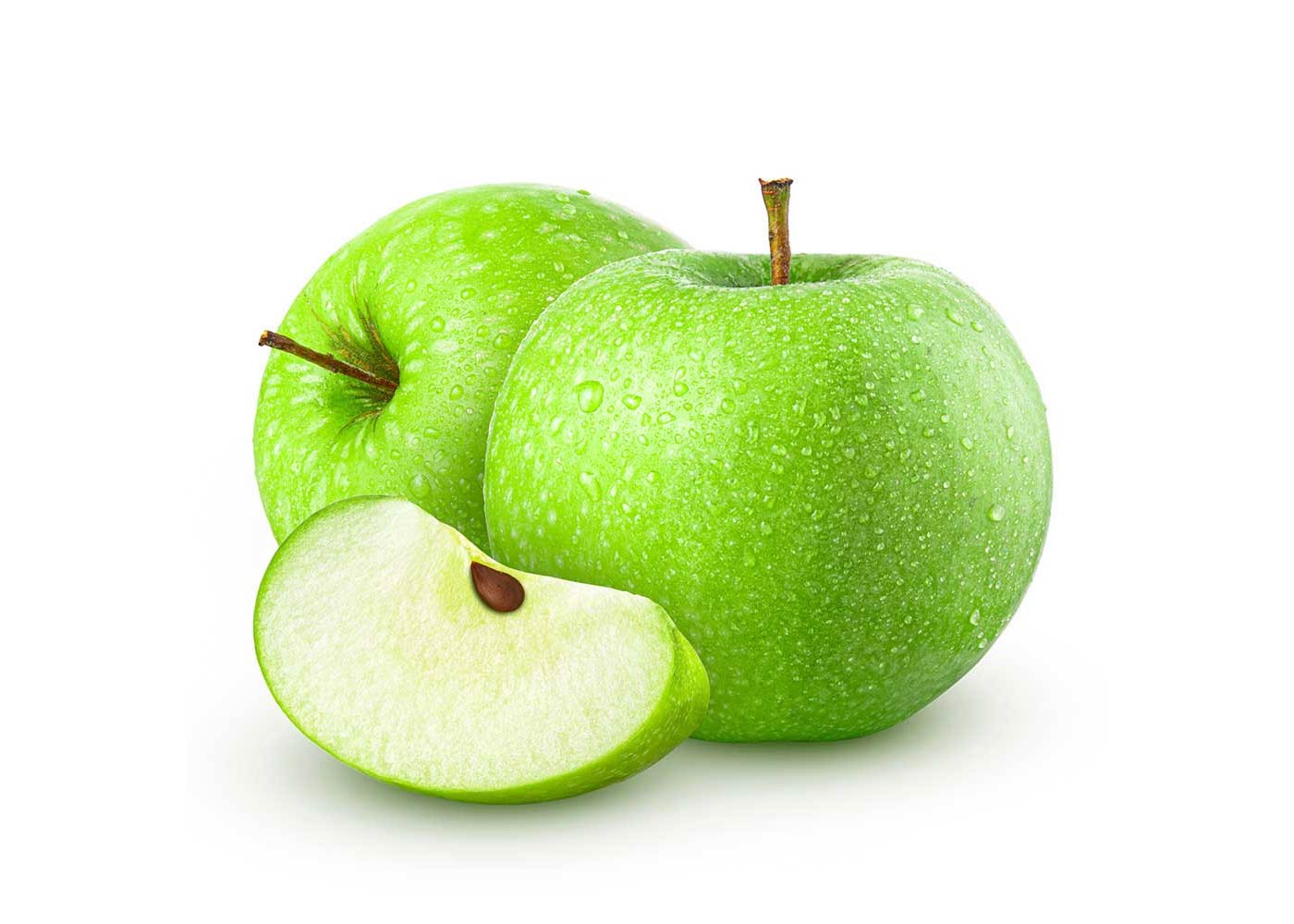Protein is a vital nutrient for many aspects of health, but especially for building and maintaining muscle mass. When you exercise, your muscles undergo stress and damage that require repair and growth. Protein, which is composed of amino acids, provides the raw material for this process. Eating high-protein foods after a workout can help you recover faster, increase your muscle strength and size, and boost your metabolism and weight loss. In this article, we will explore the benefits of high protein foods for muscle building and recovery, how much protein you need, and what are the best sources of protein for your fitness goals.

The Impact of High Protein Foods on Muscle Building
Protein is a crucial component in the process of muscle
growth and repair. When you engage in strenuous activities such as
weightlifting or intense workouts, small tears occur in your muscle fibers.
Protein is necessary for the repair and rebuilding of these fibers, leading to
increased muscle mass and strength.
High protein foods are particularly important for muscle
building because they provide the essential amino acids that your body needs.
These amino acids are the building blocks of protein and are crucial for the
synthesis of new muscle tissue. By consuming enough protein, you provide your
body with the necessary materials to support muscle growth.
In addition to promoting muscle growth, consuming high protein foods can also help reduce muscle soreness and improve recovery time. Protein plays a role in the repair and regeneration of muscle tissue, minimizing the discomfort and stiffness that often accompany intense physical activity. Including protein in your post-workout meal or snack can aid in muscle recovery.

Choosing the Right High Protein Foods for Optimal Results
When it comes to selecting high protein foods, it's
essential to choose sources that are both nutritious and suitable for muscle
building. Lean meats such as chicken, turkey, and fish are excellent choices as
they provide a high concentration of protein without excessive amounts of
unhealthy fats. Dairy products like Greek yogurt and milk also offer
significant protein content.
Legumes such as beans, lentils, and chickpeas are another
excellent protein source for vegetarians or individuals looking to diversify
their protein intake. Including a variety of protein sources in your diet
ensures that you obtain all essential amino acids, which are necessary for
optimal muscle growth and repair.
Moreover, it is crucial to select protein sources that are free from added sugars and unhealthy fats. These unwanted substances can undermine the positive effects of high protein foods and may contribute to weight gain or other health issues. Opting for quality protein sources will ensure you get the most out of your muscle-building efforts.

The Role of Protein in Muscle Recovery
Protein plays a crucial role in muscle recovery after intense
workouts. When we exercise, our muscles experience small micro-tears that need
to be repaired for muscle growth and strength development. Protein aids in the
repair and regeneration of muscle tissue, speeding up the recovery process.
High protein foods can help reduce muscle soreness and
improve recovery time. When we consume protein, it provides the necessary amino
acids that our muscles need to rebuild and repair. This helps alleviate muscle
soreness and allows us to recover faster, enabling us to continue our training
without discomfort.
Including protein in our post-workout meals is especially
important for muscle recovery. Consuming protein directly after workouts helps
promote muscle recovery by providing the muscles with the necessary nutrients
for repair and growth. It also helps replenish glycogen levels in the muscles,
which can be depleted during intense exercise.
To optimize muscle recovery, it is recommended to consume a
combination of protein and carbohydrates after workouts. This helps enhance
muscle glycogen replenishment, providing the energy needed for subsequent
workouts and ensuring optimal recovery.
Overall, incorporating high protein foods into our diet can greatly benefit muscle recovery. Whether it's through lean meats, dairy products, or legumes, choosing quality protein sources without added sugars or unhealthy fats is essential for achieving optimal results.

When it comes to building and recovering muscles, it's important
to choose the right high protein foods. Here are some tips:
Lean meats
Incorporate lean meats such as chicken, turkey, and beef
into your diet. These meats are rich in protein and provide essential amino
acids that are necessary for muscle growth and repair.
Dairy products
Include dairy products like Greek yogurt, cottage cheese,
and milk in your diet. Dairy products are not only high in protein but also
contain other nutrients like calcium, which plays a role in muscle contraction.
Legumes
Legumes such as beans, lentils, and chickpeas are excellent
plant-based sources of protein. They are also high in fiber, which aids in
digestion and overall health.
It's important to incorporate a variety of protein sources
in your diet to ensure you get all the essential amino acids. Different protein
sources offer different amino acid profiles, so diversifying your protein
intake can optimize muscle building and recovery.
When choosing high protein foods, it's also crucial to select quality sources without added sugars or unhealthy fats. Processed protein bars and shakes may have added sugars, which can detract from their overall health benefits. Opt for whole, natural foods whenever possible.

The Importance of Protein Timing for Muscle Growth

Maximizing Muscle Building with High Protein Nutrition
A diet rich in high protein foods can support muscle
building and recovery. Here are some tips to maximize your muscle-building
potential:
Pair protein with carbohydrates: After a workout,
consuming protein together with carbohydrates can enhance muscle glycogen
replenishment, leading to improved muscle recovery.
Include protein at each meal: Including protein in
every meal throughout the day can help maintain muscle protein synthesis and
promote muscle growth.
By following these guidelines and incorporating high protein foods into your diet, you can optimize your muscle-building and recovery process.

Conclusion
In conclusion, high protein foods play a crucial role in
muscle building and recovery. Protein provides the necessary amino acids for
muscle growth and repair, helping to increase muscle mass and strength.
Additionally, protein aids in the repair and regeneration of muscle tissue,
reducing muscle soreness and improving recovery time. Choosing the right high
protein foods, such as lean meats, dairy products, and legumes, is important
for optimal results. Protein timing, consuming protein within 30 minutes to an
hour after a workout, can maximize muscle growth and prevent muscle breakdown
during fasting periods. By incorporating high protein foods into your diet and
considering protein timing, you can maximize muscle building and promote muscle
growth. Remember to pair protein with carbohydrates after workouts and include
protein in each meal for consistent muscle protein synthesis. Start
incorporating high protein foods into your diet and experience the benefits for
muscle building and recovery.
If you wish to contribute to our blog, please email us on morhadotsan@gmail.com.























